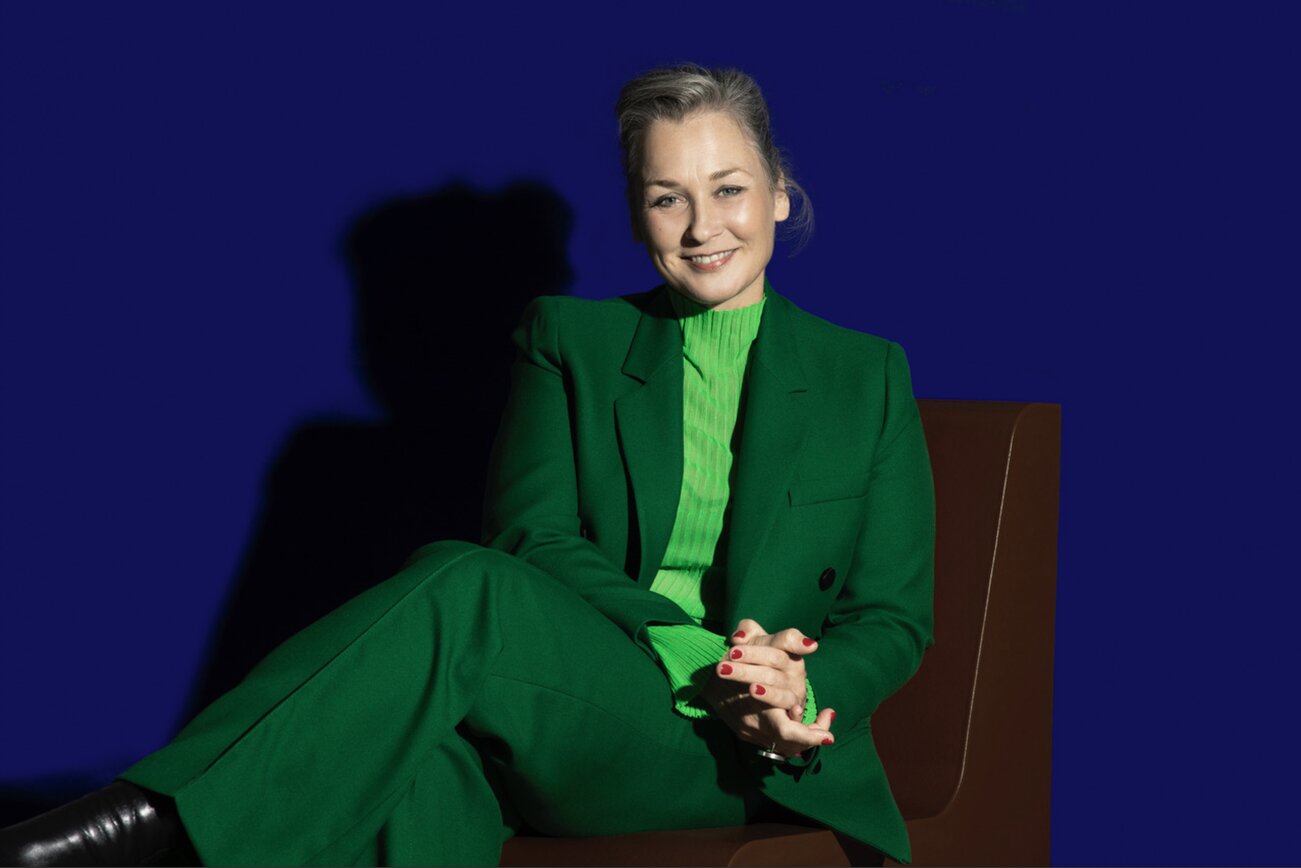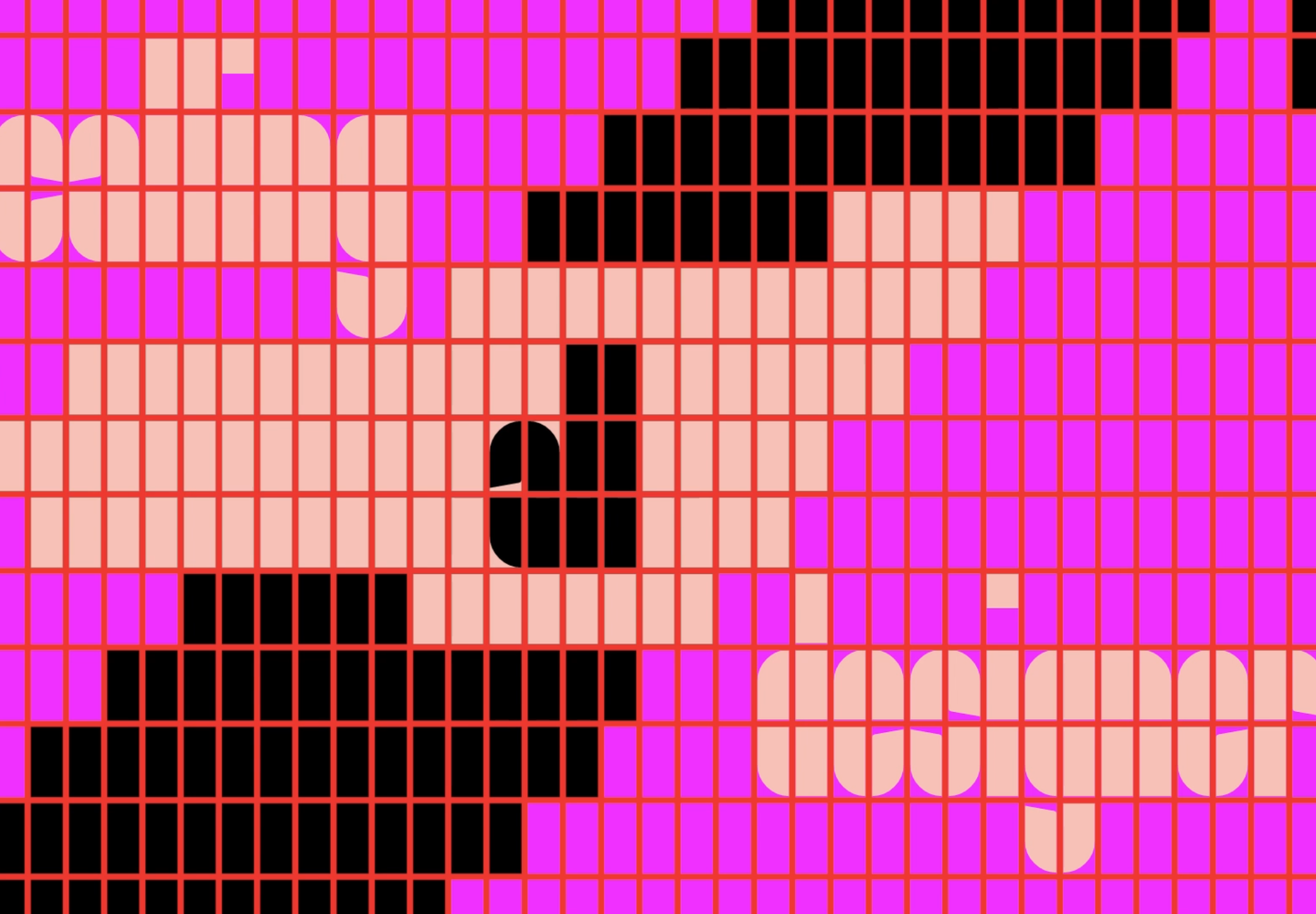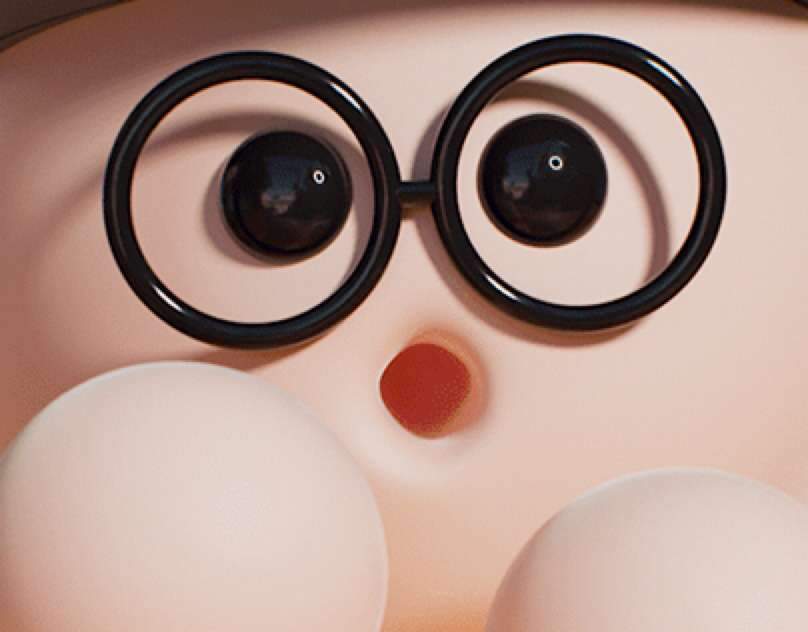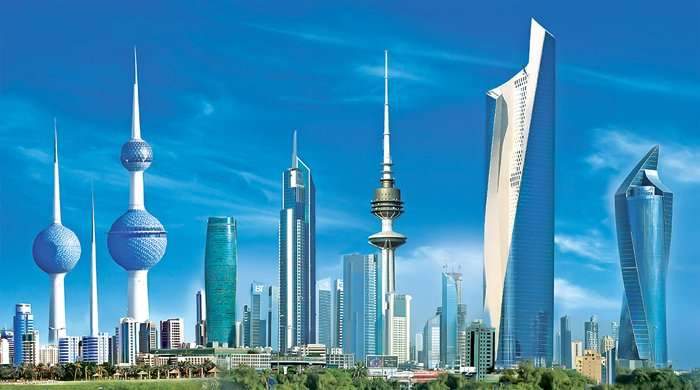Picture This – Dutch Design Week unveiled the theme of DDW23
In a live interview that took place today on Instagram, I engaged in a conversation with Miriam van der Lubbe to get some insights into the upcoming edition of Dutch Design Week.
With over 20 years of experience, Miriam has worked on a wide range of projects for diverse clients, showcasing her in-depth understanding of the design field. As one of the founders of Dutch Design Week, a renowned event established over 20 years ago, Miriam has taken on the role of the creative head for the past two years.

“Within the realm of design, there are numerous design weeks and festivals taking place both in Europe and beyond. However, what sets Dutch Design Week apart is its focus on shaping the future. This may seem like a lofty statement, but upon closer examination of the designers’ contributions, it becomes evident that they are not simply showcasing finished products ready for sale or immediate implementation.
Instead, they are sharing concepts and ideas that offer a design-driven perspective on the future. Not everything is finalized, and some ideas may appear bold or unconventional at first glance. However, the essence of their projects lies in the creation of space for development. This emphasis on potential is what distinguishes the Dutch Design Week and contributes to its uniqueness as a festival.” says Miriam van der Lubbe about the event.
When I asked the question “What can we expect this year in terms of the theme?”…
Miriam van der Lubbe:
“I will share with you, as the first to know, that the theme for the next edition is “Picture This.” At first glance, this may seem innocent, but there are several significant explanations behind it. Firstly, “Picture This” is about truly understanding the era we are living in. If we observe the daily news and contemplate the consequences of continuing on our current path, we must envision the world we will inhabit in five, ten, or fifty years.
It is not only our responsibility to ourselves but also to future generations to comprehend the world we are collectively shaping. “Picture This” urges us to recognize the urgency and importance of this realization.

Designers, on the other hand, possess the remarkable ability to shed light on these issues and engage the audience. They have the power to create new perspectives. We must actively envision and embrace the potential of the designs that are being created. What kind of world can we build together if we develop these unique concepts?
It is essential to confront the reality depicted in newspapers and photographs, such as the impact of climate change on countries like Greece. We must not become desensitized to the overwhelming amount of news but rather grasp the implications and act accordingly.
Moreover, designers play a vital role in creating aesthetics and visualizations that guide people through the process of change. They possess a unique position and the skills to use their learned tools to generate powerful aesthetic creations and images. These visualizations help individuals navigate the future in a more meaningful way.
In summary, “Picture This” invites us to imagine and confront the world we are shaping, acknowledge the potential of design concepts, and recognize the power of aesthetics and visualizations in driving positive change.”
How can this theme be translated into an event format?
Miriam van der Lubbe:
“One of our main goals is not to create a larger event but rather to create a better event by fostering strong connections between designers and the public. We aim to achieve this by focusing on specific missions that designers are working on, which will facilitate meaningful interactions between designers and the public.
The theme of “Picture This” aligns with these missions, particularly about envisioning an equal society. During the design week in October, we will showcase these missions and their connection to the theme. We have recently opened the call for entries, with the first round of submissions closing this week and a second round open until June.

We are thrilled to see the response from designers who have applied to participate. We anticipate that they will effectively respond to the theme by creating visually appealing and powerful presentations that visualize their concepts for the future. Moreover, We hope that this theme will be addressed through various layers of content, encompassing the missions and the presentations of all participating designers.”
How did you develop and select this theme?
Miriam van der Lubbe:
“The theme of “Picture This” emerged through a series of conversations and engagements with designers. We actively organized studio visits, immersing ourselves in their creative environments throughout the country to understand their work and needs.
Simultaneously, we closely observed our society, acknowledging the need to address the overwhelming information and challenges we face. The theme is the result of multiple discussions and collaborations, involving our program team, designers, and external contributors. We collectively determine the most suitable theme for the year.
It is worth noting that the theme is also connected to last year’s theme, “Get Set,” which emphasized the need to prepare for the future. However, “Picture This” goes beyond preparation; it calls for a profound realization of the circumstances we are in.
It urges us to form coalitions and collaborate to confront the challenges ahead. We are constantly reflecting on the world around us, seeking ways to engage and inspire both designers and the public to actively participate in shaping a better future.”

How do you perceive the role of artificial intelligence, and do you see any connections between this emerging technology and your event?
Miriam van der Lubbe:
“When considering artificial intelligence, it’s interesting to note that I have a particular fondness for newspaper images. One image that comes to mind is the cover of a newspaper from last year. It posed the question, “What if machines become smarter than human beings?” This image evokes a powerful visual of contemplating a future where machines surpass our intelligence.
It raises crucial questions about where we might find ourselves in such a scenario. However, when I continued reading the newspaper, it also highlighted the potential possibilities that AI can bring. While I am aware of the potential dangers, I am not naive to them. I believe that designers can play a significant role in shaping the responsible development and application of AI.
For instance, they can explore how AI can assist doctors, patients, and the medical field. It is essential to approach this topic with a combination of caution and curiosity. Although it can be both dangerous and fascinating, as long as we maintain control, designers have the potential to influence the future trajectory of AI.

You can expect to see the topic of artificial intelligence addressed in our upcoming event. One of our missions is focused on challenging our digital future, which is a subject that many designers are grappling with. It’s important to have conversations and collaborations around this topic, as it requires a collective effort to navigate its complexities.
If you’re particularly interested in AI, I encourage you to explore the mission called “Challenging Our Digital Future” during the event in October. This mission will showcase various projects related to AI and provide a platform for further exploration and discussion.”

Dutch Design Week aims to deliver an exceptional showcase of the transformative power of design in 2023. The event will feature a diverse range of design disciplines, presenting the latest advancements and innovations within the field.
With the theme “Picture This,” DDW23 invites attendees to envision the possibilities of change and be inspired by the awe-inspiring creations on display.
Mark your calendars for 21 to 29 October 2023 in Eindhoven, Netherlands, and prepare to immerse yourself in a world of design that will ignite your imagination and propel progress forward.
Read more on Archup:







